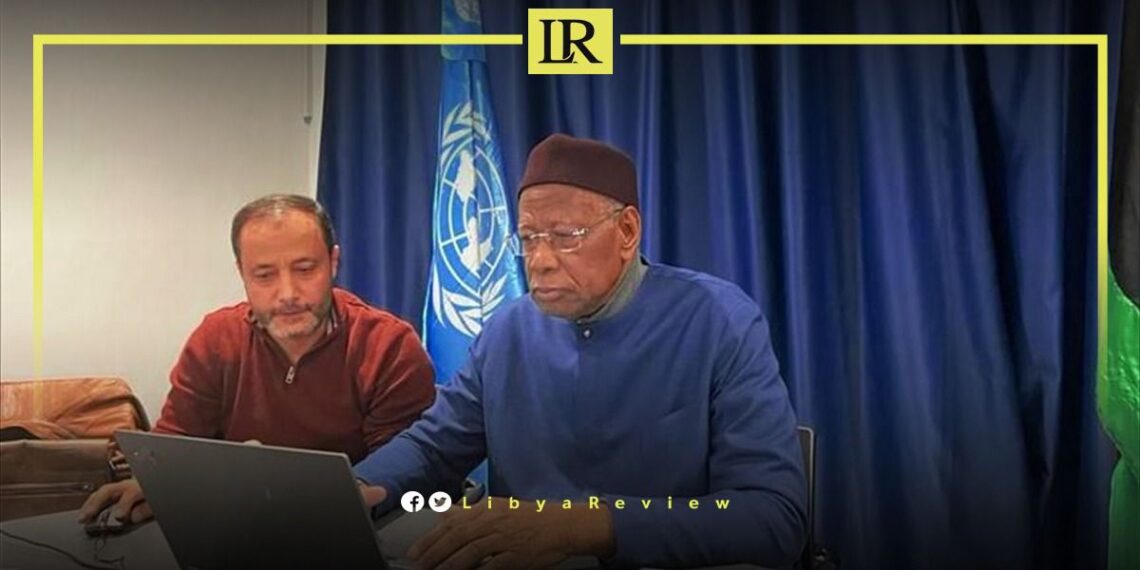On Wednesday, UN Special Envoy to Libya Abdoulaye Bathily held talks with representatives of the Liaison Group from the South.
This engagement is part of Bathily’s broader initiative to involve all segments of Libyan society in a dialogue to chart a path out of the country’s enduring political deadlock.
Highlighted by the United Nations Mission in Libya, the meeting stressed the critical necessity of fair and equitable representation for all Libyan groups in the ongoing political dialogue.
Bathily, in his discourse, illuminated the importance of inclusivity in the political process, asserting that a sustainable resolution to Libya’s complex political challenges can only be achieved through the active participation and representation of every community within the nation.
This includes addressing the unique perspectives and grievances of groups from Libya’s southern regions, often marginalized in national discussions.
The conversation with the Southern Liaison Group revolved around actionable strategies to overcome current political stalemates, with a call for unity and collaborative effort from all Libyan stakeholders.
Bathily’s engagement with these representatives underscores the UN’s commitment to not only mediate in Libya’s political crisis but to ensure that the mediation process itself is reflective of the country’s diverse demographic and regional makeup.
This meeting represents a significant step in the UN’s ongoing efforts to foster a comprehensive political dialogue in Libya, emphasizing the importance of inclusivity and fair representation as foundational principles.
Libya has been grappling with political instability and conflict since the 2011 overthrow of Moammar Gaddafi. The political landscape is fragmented, with two major factions vying for control: the GNU in Tripoli, and the Libyan National Army (LNA) in the East.
The Parliament, also based in the East, and the High Council of State (HCS) in Tripoli, are key institutions in the ongoing political dialogue. Efforts to hold elections and form a unified government have been marred by disagreements over legal frameworks and power-sharing mechanisms.
The planned elections for December 2021 were delayed due to disagreements over election laws and the eligibility of certain candidates. This delay has raised concerns about the feasibility of a peaceful political transition.
Despite the ceasefire, security remains a significant concern with sporadic fighting and the presence of mercenaries and foreign fighters. The unification of the military and the removal of foreign forces are crucial challenges.


